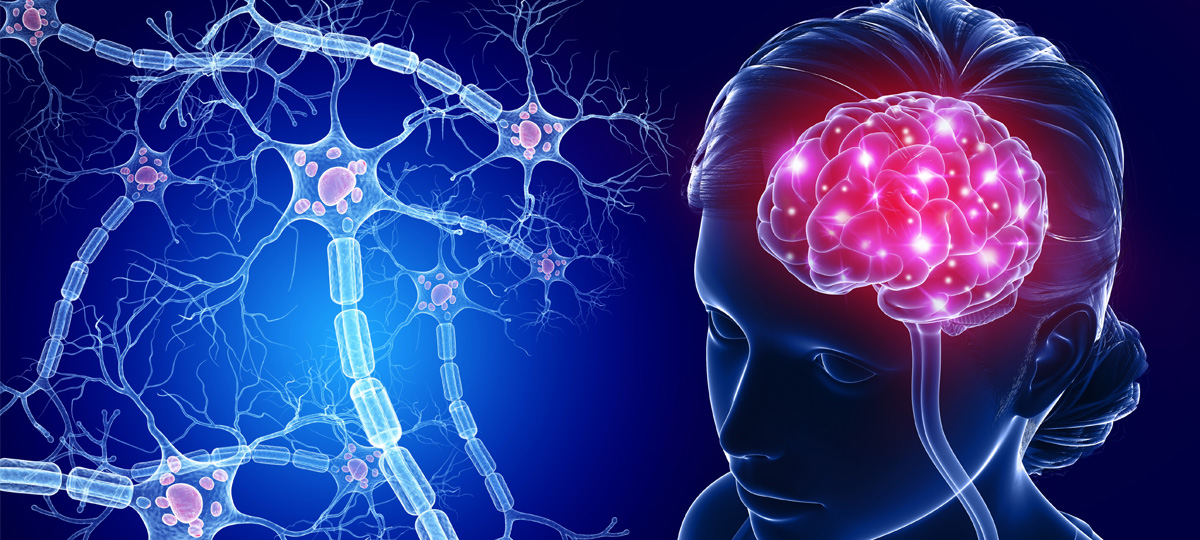Neurological diseases are conditions that affect the nervous system, which includes the brain, spinal cord, and the nerves that branch out to the rest of the body. There are more than 600 diseases that can impact the nervous system.
Classification of Neurological Diseases
Neurological diseases can be broadly classified based on the primary location affected, the primary type of dysfunction involved, or the primary type of cause. Here are some major types:
- Vascular disorders, such as stroke, transient ischemic attack (TIA), subarachnoid haemorrhage, subdural haemorrhage and hematoma, and extradural haemorrhage
- Infections, such as meningitis, encephalitis, polio, and epidural abscess
- Structural disorders, such as brain or spinal cord injury, Bell’s palsy, cervical spondylosis, carpal tunnel syndrome, brain or spinal cord tumours, peripheral neuropathy, and Guillain-Barre syndrome
- Functional disorders, such as headache, epilepsy, dizziness, and neuralgia
- Nervous System Injuries: These typically occur due to accidents, sports injuries, or acts of violence. Injuries to the central nervous system (CNS) can include traumatic brain injury and spinal cord injury.
- Diseases Caused by Faulty Genes: Examples include Huntington’s disease and muscular dystrophy.
- Problems with Nervous System Development: An example of this is spina bifida.
- Degenerative Diseases: These are conditions where nerve cells are damaged or die. Examples include Parkinson’s disease and Alzheimer’s disease.
- Diseases due to Lifestyle or Environmental Health Problems: These include conditions like gluten sensitivity (with or without intestinal damage or digestive symptoms).
Homeopathy Treatment for Neurological Diseases
Our treatment aims to initially identify the individual’s physical and mental symptoms and induce the body’s healing process with suitable homeopathic remedies for neurological diseases. We spend more time with patients, which in turn may contribute to better healing outcomes.
The nervous system functions by sending and receiving signals to different parts of the body. It detects changes in the internal organism due to environmental impact and works in conjunction with the hormonal system (endocrine). The nervous system has both voluntary and involuntary functions that operate according to the situation to control the organism. It comprises the brain, spinal cord, and nerves.
Neurological disorders can affect the brain, spine, and nerves, leading to various symptoms such as paralysis, muscle weakness, poor coordination, loss of sensation, and seizures. While these conditions may not be life-threatening, they significantly impact everyday life, including social interactions, work, and psychological well-being.
Homeopathic Approach:
- Homeopathic medicines are recommended based on the patient’s symptoms and miasms. These remedies assist in reducing sickness symptoms and contribute to overall health improvement.
- Homeopathy has excellent remedies for various neurological disorders, including: Stroke, Epilepsy, Paralysis, Migraine, Alzheimer’s disease, Brain tumors, Multiple sclerosis, Parkinson’s disease, Muscular dystrophy, Temporal dementia
Our homeopathic treatment is centered on the individual and their pathological condition. With homeopathic medicines, we can contribute to healing partially damaged nervous tissue and improve neurological function. We support rehabilitation, physiotherapy, family counselling as per the requirement of case. Additionally, our treatment protocols help to reduce the chances of recurrence of stroke.

